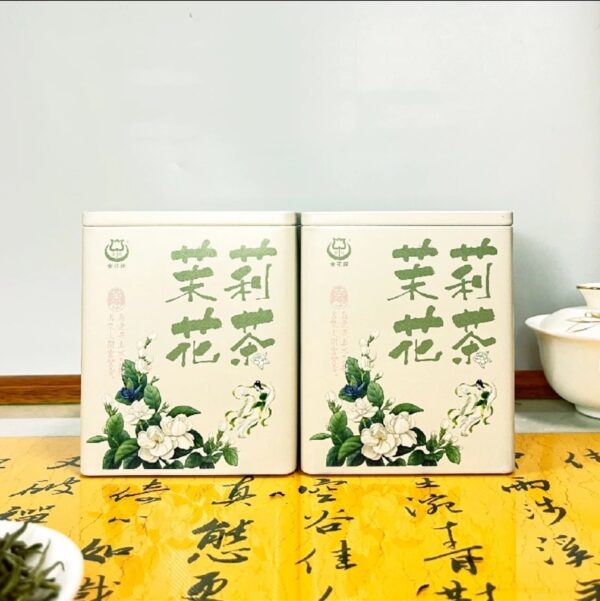
# Jasmine Tea: A Fragrant and Soothing Beverage
Keyword: jasmine tea
The Allure of Jasmine Tea
Jasmine tea, with its delicate floral aroma and smooth taste, has captivated tea enthusiasts for centuries. This fragrant beverage combines the health benefits of tea leaves with the soothing properties of jasmine flowers, creating a drink that’s as pleasing to the senses as it is beneficial for the body.
A Brief History
The tradition of scenting tea with jasmine flowers originated in China during the Song Dynasty (960-1279 AD). The process was perfected in Fujian province, where tea makers discovered that green tea leaves provided the perfect base for absorbing the jasmine’s delicate fragrance. Today, jasmine tea remains one of China’s most famous scented teas and has gained popularity worldwide.
Production Process
The creation of authentic jasmine tea is an art form that requires patience and precision:
- Tea leaves are harvested in early spring
- Jasmine flowers are picked at their peak bloom in summer evenings
- The flowers are layered with tea leaves for several nights
- The process is repeated until the desired fragrance intensity is achieved
- Finally, the jasmine flowers are removed, leaving only their essence in the tea
Health Benefits
Beyond its delightful taste, jasmine tea offers numerous health advantages:
| Benefit | Description |
|---|---|
| Antioxidant Properties | Rich in polyphenols that combat free radicals |
| Stress Relief | The aroma has calming effects on the nervous system |
| Digestive Aid | Helps soothe stomach discomfort and improve digestion |
| Heart Health | May help lower cholesterol and blood pressure |
Brewing the Perfect Cup
To fully appreciate jasmine tea’s complex flavors:
- Use fresh, filtered water heated to 175-185°F (80-85°C)
- Steep 1 teaspoon of tea leaves per 8 oz cup for 2-3 minutes
- Enjoy plain to appreciate the natural sweetness
- For subsequent infusions, increase steeping time slightly
Varieties to Explore
Jasmine tea comes in several delightful forms:
- Jasmine Pearl Tea: Hand-rolled leaves that unfurl beautifully when steeped
- Jasmine Silver Needle: Made with white tea for a delicate flavor
- Jasmine Green Tea: The most common variety with a fresh, grassy note
- Jasmine Oolong: A more robust version with floral complexity
Cultural Significance
In Chinese culture, jasmine tea symbolizes purity and grace. It’s often served to honored guests and used in traditional ceremonies. The tea’s association with romance has also made it a popular choice for weddings and romantic occasions.
Whether you’re seeking a moment of tranquility, a healthy beverage alternative, or simply a delicious cup of tea, jasmine tea offers a sensory experience that transcends ordinary tea drinking. Its timeless appeal continues to win new admirers across generations and cultures.